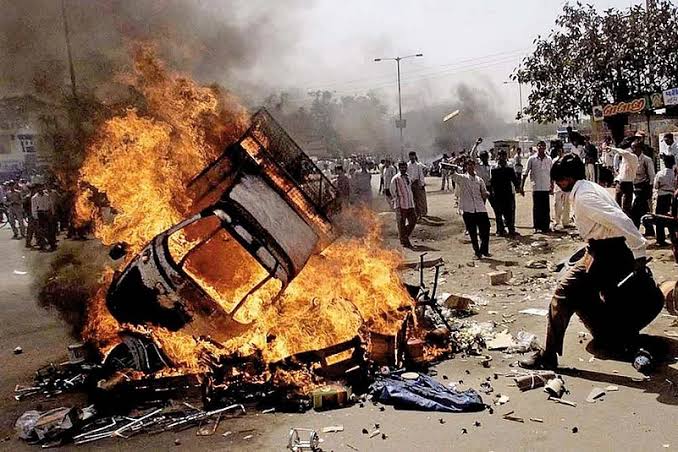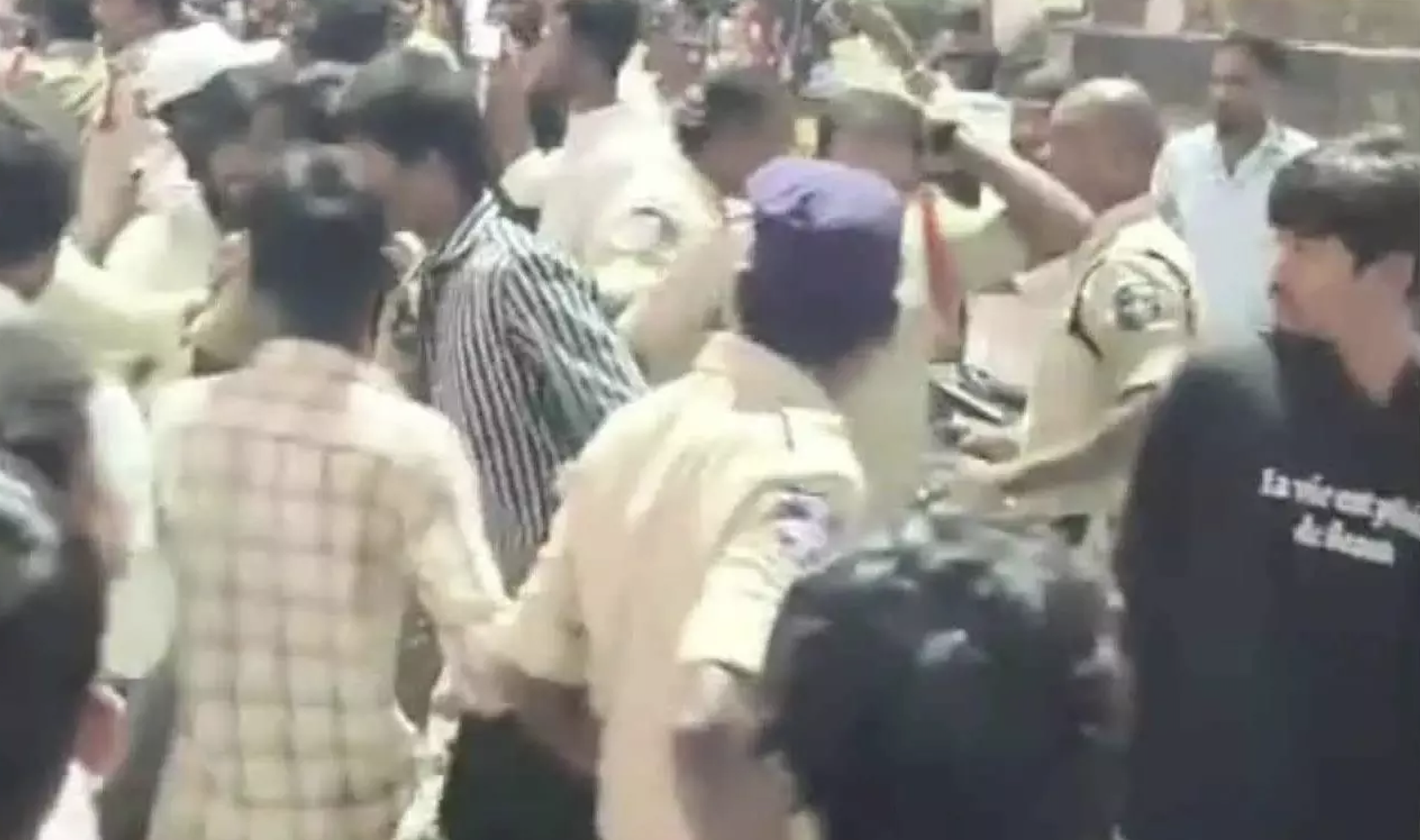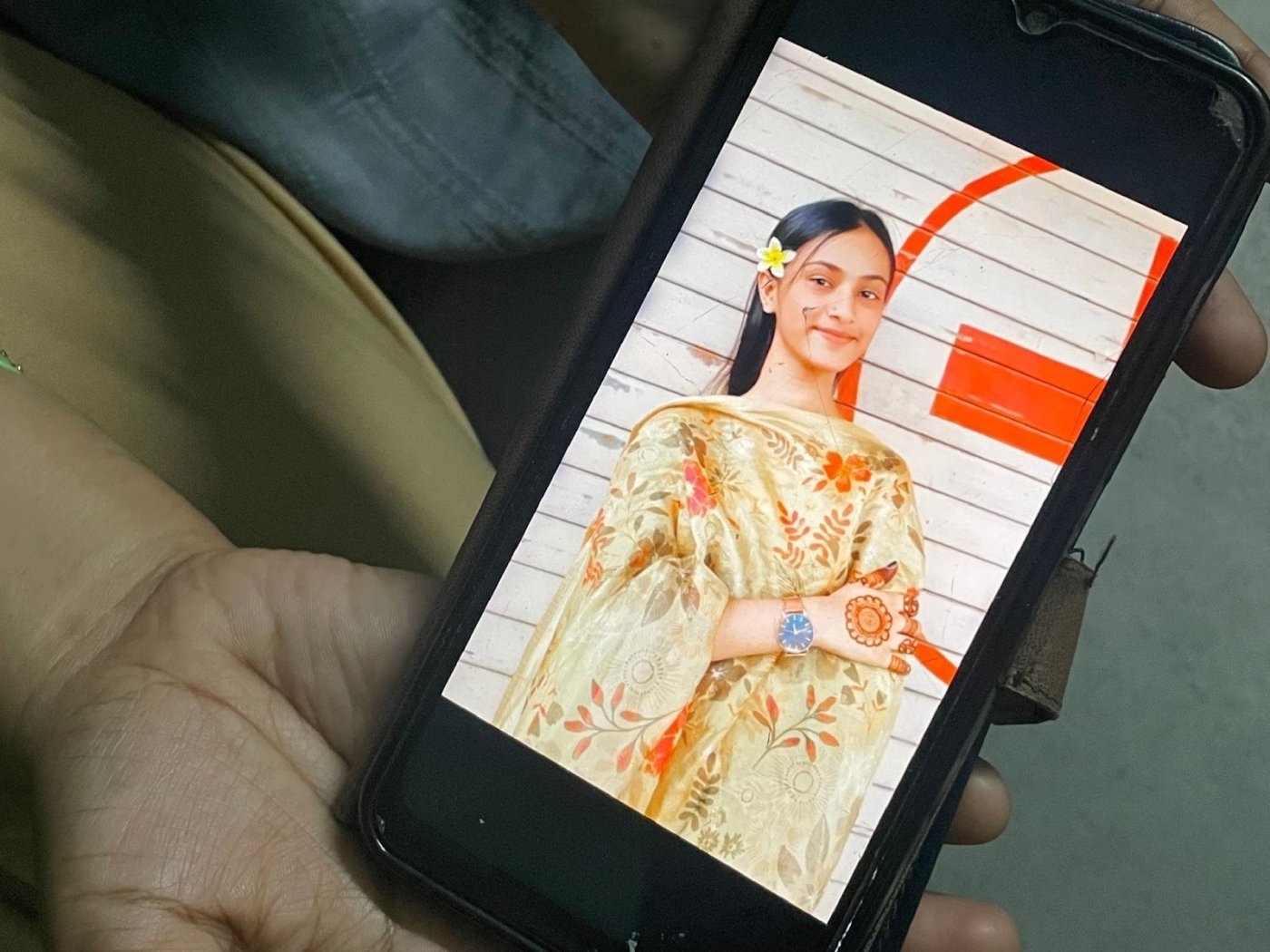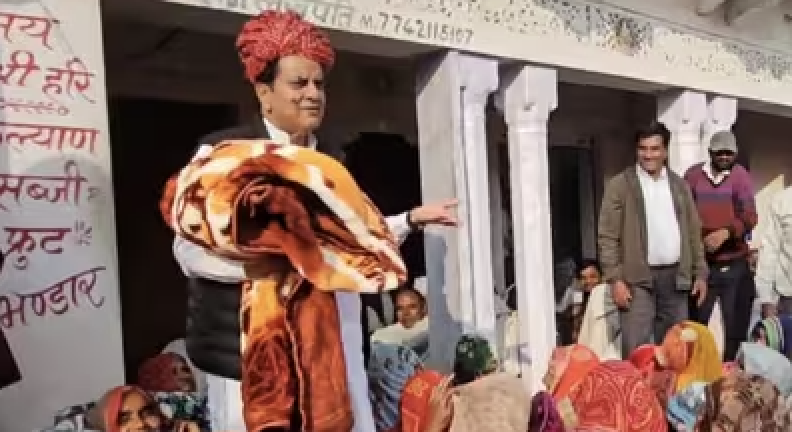
The Gujarat High Court on Monday acquitted three men convicted in 2006 for rioting during the 2002 Muslim genocide, citing the absence of a Test Identification Parade and expressing doubt over the reliability of dock identification, Live Law reported.
The High Court noted that no Test Identification Parade was conducted, making the dock identification of the accused doubtful, and further pointed out that the prosecution witness neither explained how he identified the accused nor specified their individual roles in a crowd of over 100 people.
Justice Gita Gopi of the Gujarat High Court allowed two appeals, one filed by Sachinbhai Hasmukhbhai Patel and Ashokbhai Jashbhai Patel, and another by Ashok Banarasi Bharatbhai Gupta.
The appellants had earlier been sentenced to five years of imprisonment under Section 149 of the IPC (unlawful assembly with a common object) and six months of rigorous imprisonment under Section 147 (rioting).
According to the prosecution, the accused were part of a mob that set fire to shops in various parts of Anand.
However, the High Court observed that the conviction was solely based on the testimony of Prosecution Witness 3 (PW3), and noted inconsistencies in the identification of the accused. The trial court had convicted only 4 out of 9 accused, acquitting the remaining five.
In its detailed 98-page judgment, the Gujarat High Court underscored the significance of proper identification procedures, especially when the accused are strangers to the witness.
It noted that “in cases where the accused is a stranger to the witness and there has been no TIP (Test Identification Parade), the trial court should be very cautious while accepting the dock identification by such a witness.”
This story was originally published in maktoobmedia.com. Read the full story here.






